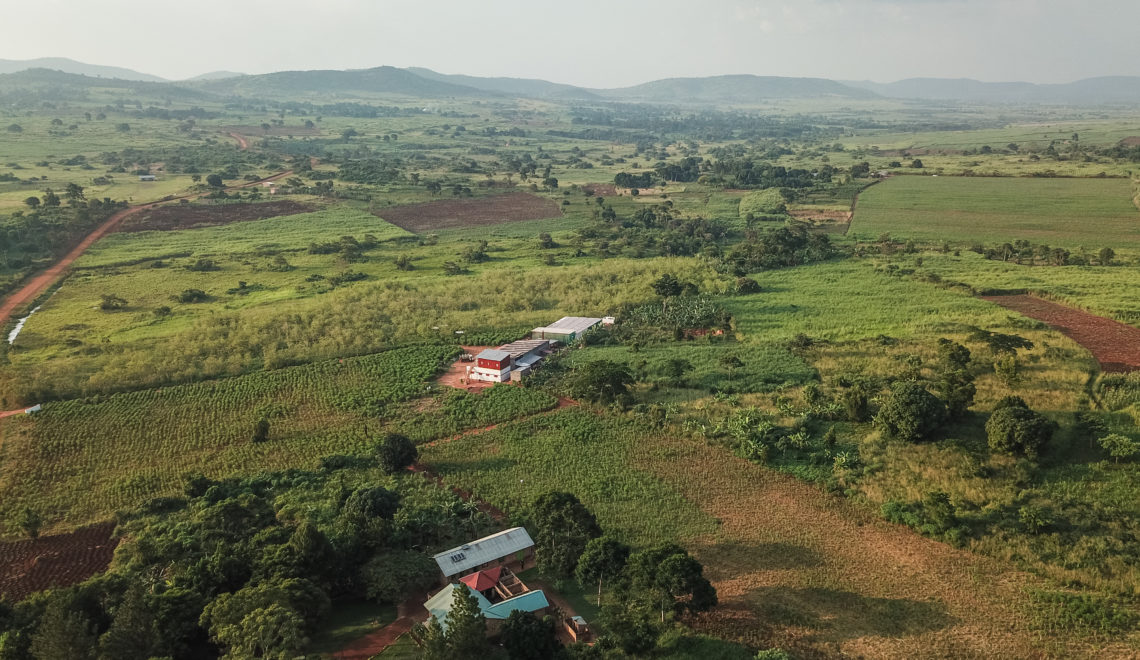
Biofuels, or fuels made from organic materials (such as ethanol made from corn), were once thought of as being a great alternative to oil. After all, the concept of running your car on plants instead of carbon-emitting fossil fuels does sound great for the environment! However, greening up the transport sector by phasing out petroleum with biofuels would bring about some legitimate issues that need to be accounted for. Here are 5 facts that might make you think a bit more critically about biofuels and their future in transportation:
- Biofuels actually do produce a lot of carbon emissions. In harvesting the crops, processing them to make the fuel, and making it available for general consumption, greenhouse gases are released at every step of the way. In an article in the Energy Tribune, Harry Wertheimer proved that for a 100-gallon trip, using 10% ethanol fuel instead of gasoline would actually release 78 more pounds of CO2.
- As the world’s population grows, biofuels add to food security concerns. By using crops for biofuels, we are taking away potential food for people around the world. This is a huge issue since over 1 billion people worldwide do not have regular access to enough food.
- In the U.S., biofuels contribute to harmful subsidies. For example, heavy subsidies on corn have made it a cheap commodity that is fed to cows and used in high fructose corn syrup. Ethanol is a biofuel that is made from corn, and increasing the use of ethanol in the U.S. could prolong the amount of time that these corn subsidies are allowed to remain in place.
- Making biofuels requires more land conversion. Manufacturing these fuels on a large scale takes space, which at this point either involves either converting existing agricultural land, or clearing forests to make new land.
- Biofuel production increases general stress on natural resources. In addition to using land and producing carbon emissions, biofuel production, like agriculture, draws on water resources and often contributes to air and water pollution through the use of pesticides and fertilizers.

The need for a smart and effective alternative to fossil fuels is very clear, but I’m not sure that biofuels are the answer. Many argue that biofuels have caused more harm than good, but I am confident that there are many other ways that we will be able to reduce our carbon footprint.
Resources:
http://www.energytribune.com/2739/more-ethanol-equals-more-co2-emissions#sthash.jv0Z0jSW.dpbs
http://www.telegraph.co.uk/news/earth/energy/10716756/Biofuels-do-more-harm-than-good-UN-warns.html










